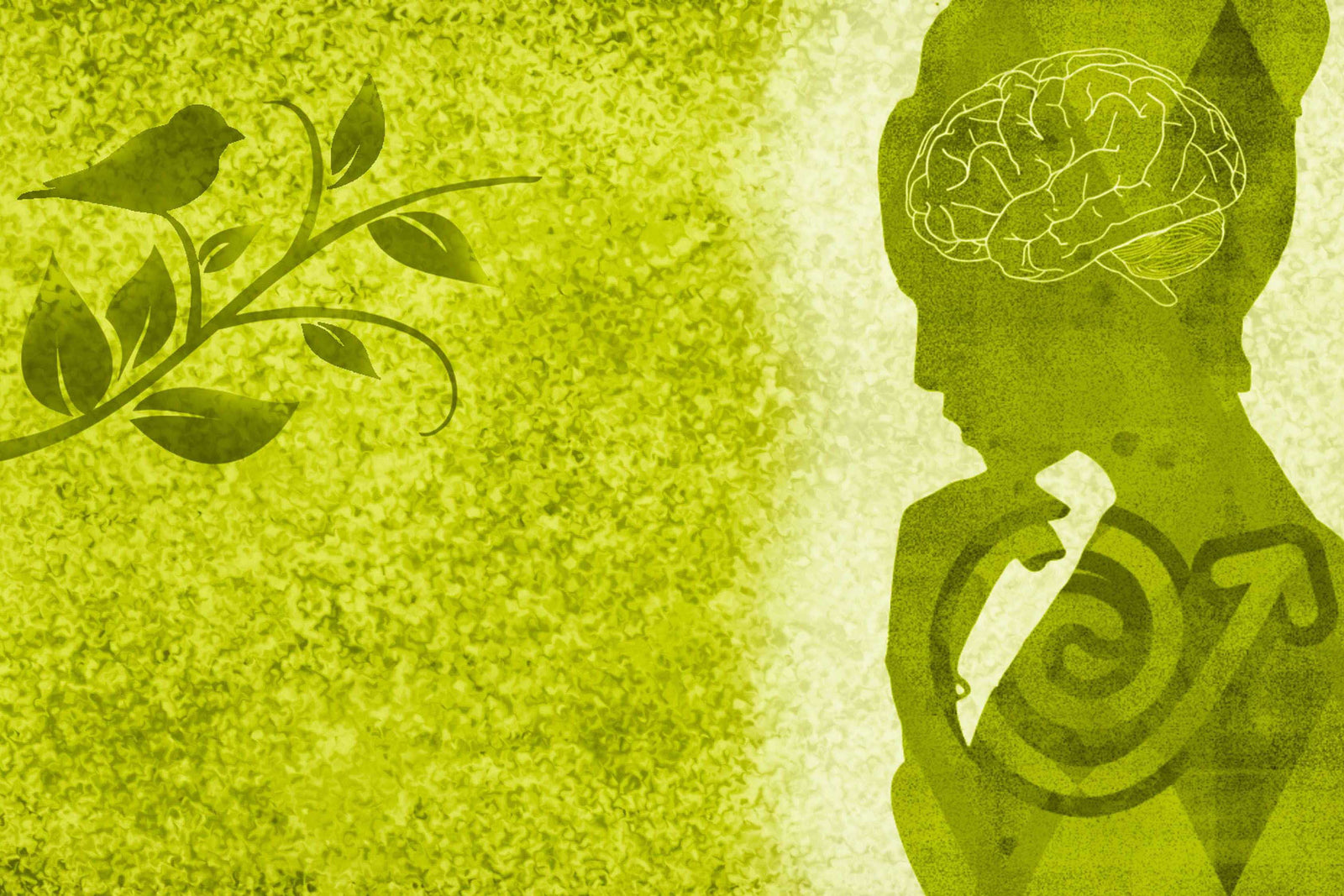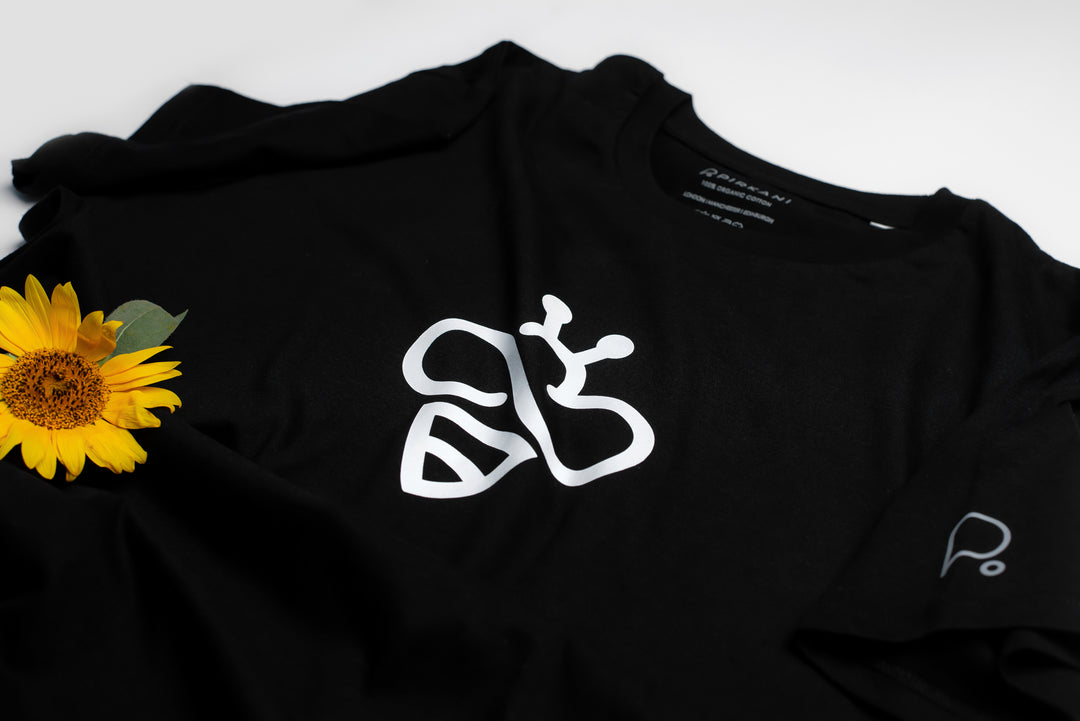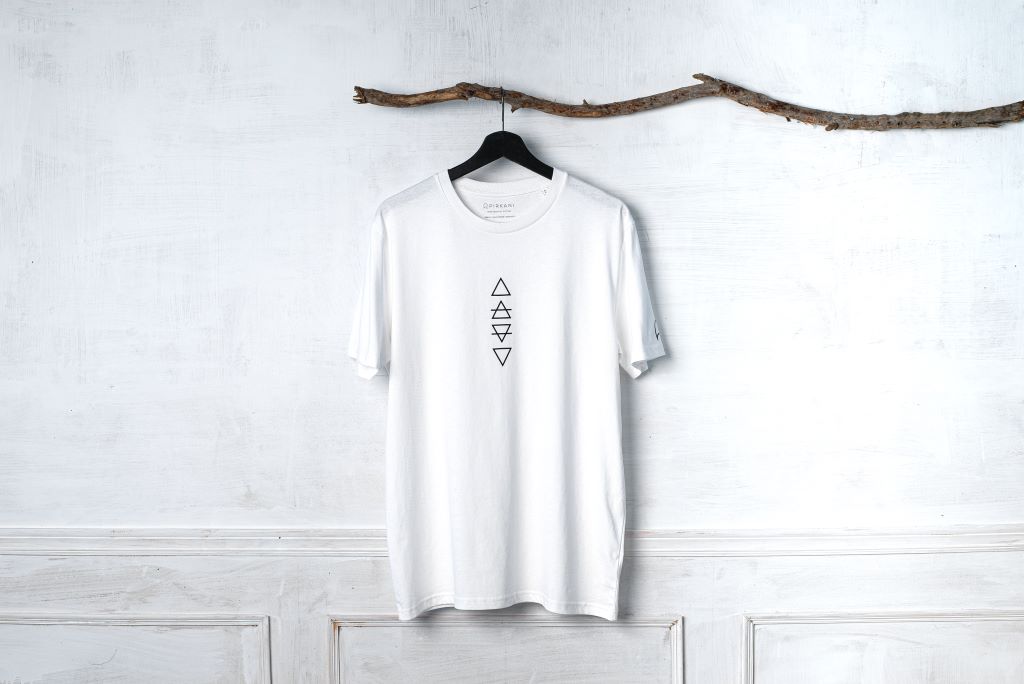Eco-friendly clothing & innovation: addressing fast fashion issues with ethical fashion

Some believe that coming back to our ancestors' ways can help us live a more sustainable lifestyle. But do we need to go back to what they wore? Well, not exactly. We can use the technological advances and scientific research as a driving force behind tomorrow's sustainable fashion industry; based around our ancestors' eco-friendly clothing.
Exciting innovations and advances in ethical fashion are being researched and developed much faster and efficiently than ever before. In this article, we'll share how these innovations help make fashion ethical and eco-friendly, with new solutions and alternatives to look forward to.
Natural-based synthetic fabrics
Presently, the two main types of fabrics widely used by the fashion industry include biodegradable natural materials. The production often involves human rights violations; and synthetics, made from plastic or fossil fuels- albeit without much need for labour. Both of these involve several fast fashion issues.
While ethical fashion can make natural fibres more sustainable with organic farming techniques, synthetics made from plastic can never be truly sustainable, as they shed microscopic plastic fibres into the water cycle whenever washed. A partial solution to this is recycling, which can extend the lifecycle of material, but is still not efficient from a sustainability point of view.
Consequently, human-made fabrics originating from natural material were developed. Lyocell, for example, is one such fabric made from synthesised wood pulp. Its manufacturing process gives it the softness of synthetic fabrics, without using fossil fuels during production, or microplastics' shedding into the waterways.
Plant-based leather
One material in need of a glow up is leather. If you wish to wear only eco-friendly clothing and accessories, you would be stuck between a rock and a hard place when it came to leather until recently. Animal-based leather not only involves animal cruelty in the process – it's production is also highly environmentally demanding. Large amounts of greenhouse gasses, as well as toxic chemicals, are released during its production.
The most frequently used vegan leather alternatives aren't too eco-friendly either. One of the options is PVC leather, which Greenpeace has labelled as the most environmentally-damaging plastic. Polyurethane leather isn't entirely as unsustainable as PVC leather or animal-based leather; however, it's still made from plastic, which gives it an environmental footprint that's too high for eco-friendly clothing fans and ethical fashion brands.
Thankfully, some exciting innovations offer plant-based alternatives, with a much lower impact on the environment and the animals. Pinatex, or pineapple leather, is by far the most popular plant-based leather alternative at the moment. This innovative material is made from agricultural waste from pineapple farms and gives farmers another form of income.
Other plant-based leather alternatives include cactus leather, grape leather, corn leather, apple leather or mushroom leather. However, most of these are still only produced on a small scale, which means we'll have to wait a while before they become widely available from ethical fashion brands.
Waste to garments
One of the leading fast fashion issues we're currently facing is the amount of waste it creates. While much of the rejected clothing ends up in a landfill, fabric recycling is a better solution. Various materials can be recycled to create new garments with a much lower environmental footprint. Advances in technology and innovative solutions are making the process easier and more affordable.
Cotton, wool, cashmere, polyester, leather, and other materials can all be recycled. What remains complicated about the recycling process is sorting the materials, as they can't be mixed. Nevertheless, instead of labour-intensive manual sorting prone to many mistakes, innovative projects such as Fibersort, makes this process much easier and cheaper by mechanising it.
Staying warm – sustainably
It's a difficult task to make a garment adequately insulated with the lowest possible environmental footprint. Some brands opt for down jackets that despite the use of natural materials, aren't much eco-friendly due to the resources it takes to raise the birds to obtain feathers (plus, there's also animal cruelty and exploitation involved in the process). Other companies choose synthetic filling, which is stabilised to create small air pockets using heat. However, as you may imagine, neither of these is an efficient, sustainable solution.
Some recent innovations improve the latter option, by using air instead of heat to create pockets in synthetic fabrics and saving as much as 50% of the carbon footprint. Down jackets can also be improved with innovation – by using plant-based materials instead. One such option is Flower Down, derived from fibrous wildflowers. Instead of being farmed, it is grown in a process that involves ecosystem recovery and preservation. Both of these technologies are currently being applied by the sustainable outerwear brand Patagonia – hopefully, their success will spark wider use among ethical fashion brands.
Innovative upcycling
Innovation doesn't always have to involve the application of new or revolutionary technology. Sometimes, it could be a new way of thinking about old items. In fashion, remaking old things into new ones, such as using an old pair of jeans to create new ones in a different style, is an excellent example of innovation that doesn't involve a cutting-edge technology – just imagination.
While this may not sound as futuristic as the other innovations we've discussed previously, it's a great option because of its accessibility to even the smallest ethical fashion brands.
Think Sustainable.
At Pirkani Apparel, we believe that our impact today will have crucial effects on our future generations. We do our best to protect our planet Earth, preserve and conserve its natural resources and the fragile eco-system. At the same time, we deliver high-quality, sustainable apparel that our consumers love and wear with pride. We are committed to conscious clothing and fair-trade practices that support every member in our eco-system, from farmers to consumers. While we do it, although we may be taking plants from Mother Nature in the making of our apparel, we ensure our carbon impact is negative, and we give back just as much by planting trees for every piece of clothing that we produce.






Leave a comment